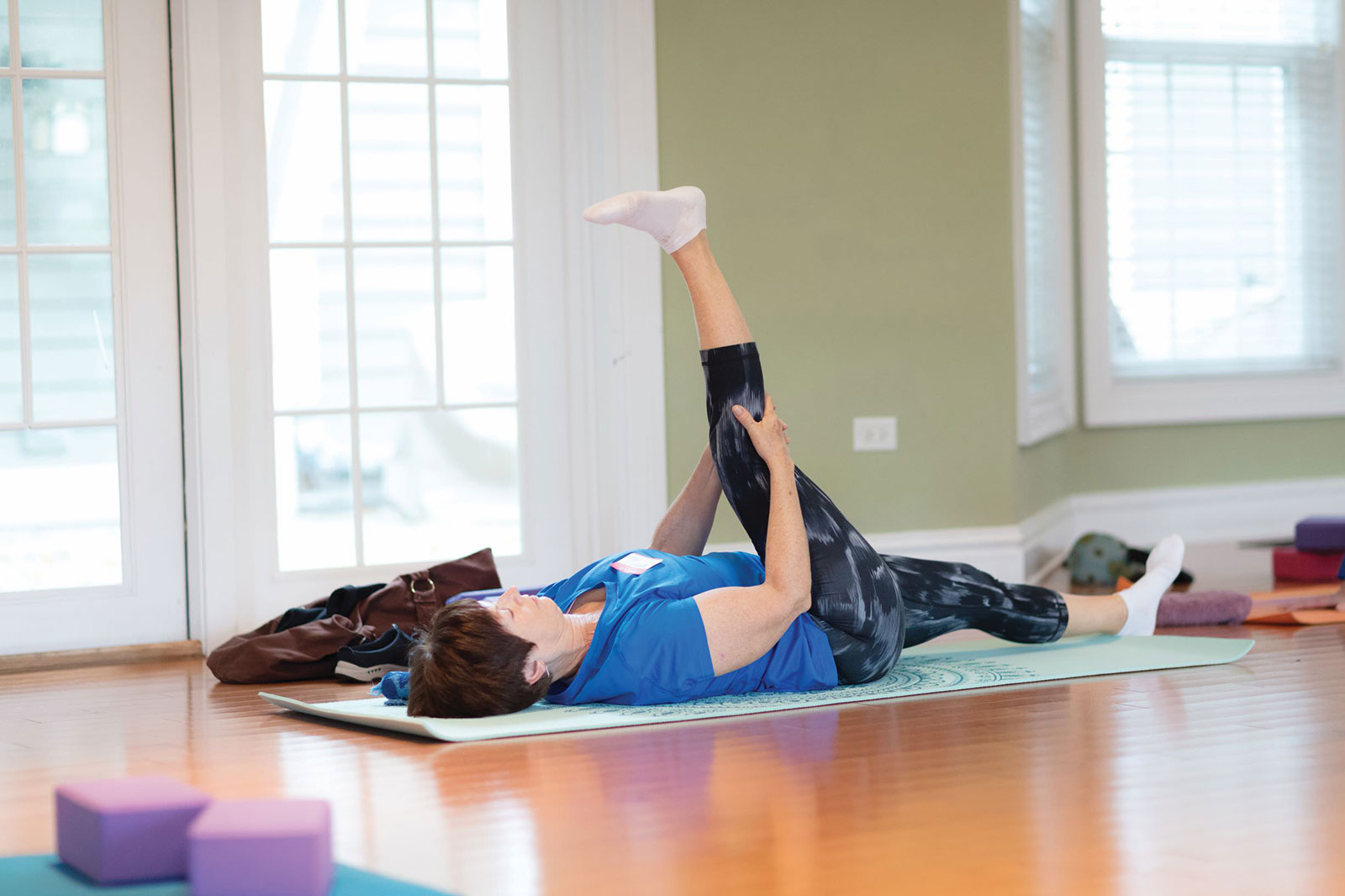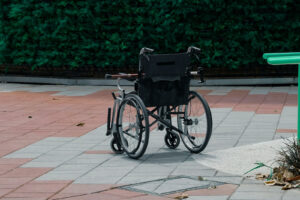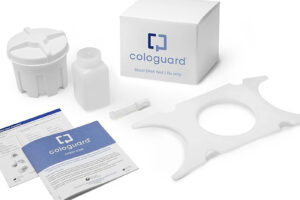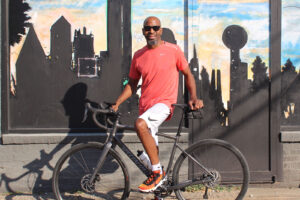For patients and their loved ones, battling cancer can seem all-consuming. It can be mentally taxing in a way that experts say can narrow the body’s capacity for healing. At Wellness House, program leaders are changing the narrative by empowering individuals to name their fear and destroy it in the process.
“This is a safe space for people to say out loud some of their deepest fears and concerns,” says Lisa Kolavennu, the director of programming at Wellness House. “When you can say it out loud and carry on from there, it suddenly takes away a little bit of the sting. We can look at those fears and figure out what to do with this. People really do start to feel more hopeful and in control.”
Founded in 1990, the organization now boasts 17 locations in the Chicagoland area that collectively host more than 400 programs each month. Their focus is all in the name: wellness. Initiatives like living room support groups, customized nutrition counseling, and group exercise classes help guide patients, survivors, and caregivers through the entire process of living with cancer. Ultimately, Wellness House hopes to facilitate recovery by emphasizing mental health and making space for every facet of a person’s life with and beyond their illness. No matter the program, the focus remains on managing anxiety and working through fears in a positive way.
When you can engage in professional support and meet other people who are going through a similar situation in life, you not only receive support but can give support back, which is an empowering experience.
“Fear of isolation and moments of worry can certainly impact one’s ability to take care of oneself,” says Kolavennu. “When you can engage in professional support and meet other people who are going through a similar situation in life, you not only receive support but can give support back, which is an empowering experience. Suddenly, people start feeling less alone, less isolated, [they feel] fewer symptoms of anxiety, more in control of their situation, and better able to take care of themselves. It’s an exponential effect.”
Programs at Wellness House are free and open to anyone affected by cancer, including family members. Some of the organization’s most impactful programming is for children living with cancer, or those with siblings or parents undergoing treatment.
Most of all, Wellness House prioritizes accessibility. In January 2019, the group opened a new Wellness House location at Mile Square Health Center, a partner program with the University of Illinois at Chicago. Mile Square Health Center is a federally qualified health center that has been providing services to disenfranchised communities since the mid-1960s. The center’s patients are predominantly minorities, many of whom are experiencing poverty and may be uninsured. By providing accessible care, Kolavennu hopes to address extreme health disparities disproportionately affecting low-income communities. “If someone has been diagnosed with cancer and is going through treatment, they deserve the same access to psychosocial support that all people do,” says Kolavennu. “To have the opportunity to partner with UIC and bring our programs to a community that might not otherwise have access makes us hopeful that a difference can be made.”







